Related Research Articles
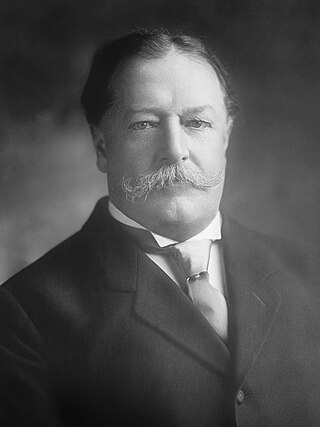
William Howard Taft was the 27th president of the United States (1909–1913) and the tenth chief justice of the United States (1921–1930), the only person to have held both offices. Taft was elected president in 1908, the chosen successor of Theodore Roosevelt, but was defeated for reelection in 1912 by Woodrow Wilson after Roosevelt split the Republican vote by running as a third-party candidate. In 1921, President Warren G. Harding appointed Taft to be chief justice, a position he held until a month before his death.
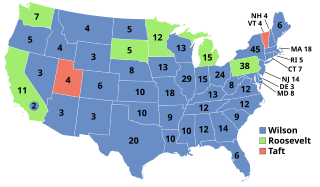
The 1912 United States presidential election was the 32nd quadrennial presidential election, held on Tuesday, November 5, 1912. Democratic Governor Woodrow Wilson unseated incumbent Republican President William Howard Taft, defeated former President Theodore Roosevelt, who ran under the banner of the new Progressive or "Bull Moose" Party, and overcame Socialist Party nominee Eugene V. Debs.

Robert Alphonso Taft Jr. was an American politician. He was a member of the Taft family who served as a Republican Congressman from Ohio between 1963 and 1965, as well as between 1967 and 1971. Taft also served as a U.S. Senator between 1971 and 1976.
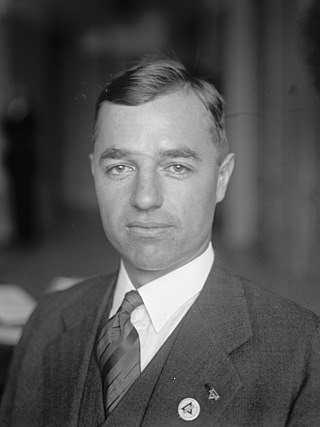
Charles Phelps Taft II was a U.S. Republican Party politician and member of the Taft family. From 1955 to 1957, he served as Mayor of Cincinnati, Ohio. Like other members of his family, Taft was a Republican for the purposes of statewide elections. However, when running for municipal office in Cincinnati, Taft was a member of the Charter Party. During his term as mayor, Fortune magazine ranked Cincinnati as the best managed big city in the United States. As mayor, he gained the nickname "Mr. Cincinnati".

Albert Otto Hirschman was a German economist and the author of several books on political economy and political ideology. His first major contribution was in the area of development economics. Here he emphasized the need for unbalanced growth. He argued that disequilibria should be encouraged to stimulate growth and help mobilize resources, because developing countries are short of decision-making skills. Key to this was encouraging industries with many linkages to other firms.
PM was a liberal-leaning daily newspaper published in New York City by Ralph Ingersoll from June 1940 to June 1948 and financed by Chicago millionaire Marshall Field III.
Adelman or Adelmann is a surname of German origin, and means "nobleman", being a combination of "adel" (nobility) and "mann" (man). The name may refer to:

The presidency of Theodore Roosevelt started on September 14, 1901, when Theodore Roosevelt became the 26th president of the United States upon the assassination of President William McKinley, and ended on March 4, 1909. Roosevelt had been the vice president for only 194 days when he succeeded to the presidency. A Republican, he ran for and won by a landslide a four-year term in 1904. He was succeeded by his protégé and chosen successor, William Howard Taft.

Louisa Maria "Louise" Torrey was the second wife of Alphonso Taft, and the mother of U.S. President William Howard Taft.

Helen Herron Taft Manning was an American professor of history and college dean. She was the middle child and only daughter of U.S. President William Howard Taft and his wife Helen Herron.

Irma Boom is a Dutch graphic designer who specializes in bookmaking. Boom has been described as The Queen of Books, having created over 300 books and is well reputed for her artistic autonomy within her field. Her bold experimental approach to her projects often challenges the convention of traditional books in both physical design and printed content.

Irma Glicman Adelman was a Romanian-American economist.
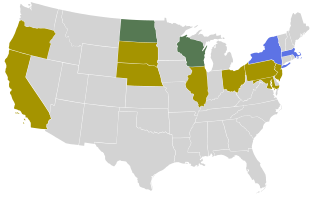
From March 19 to June 4, 1912, delegates to the 1912 Republican National Convention were selected through a series of primaries and caucuses to determine the party's nominee for President in the 1912 election. Incumbent President William Howard Taft was chosen over former President Theodore Roosevelt. Taft's victory at the national convention precipitated a fissure in the Republican Party, with Roosevelt standing for the presidency as the candidate of an independent Progressive Party, and the election of Democrat Woodrow Wilson over the divided Republicans.
Janet Ann Adelman was an American Shakespear scholar, literary critic, and professor of English at the University of California, Berkeley.

Meanwhile is a 1927 novel by H. G. Wells set in an Italian villa early in 1926.
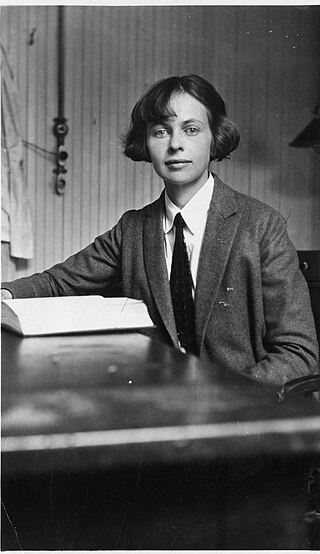
Gertrude L. Van Wagenen was an American biologist. She was also a collector of anatomical illustrations and models.
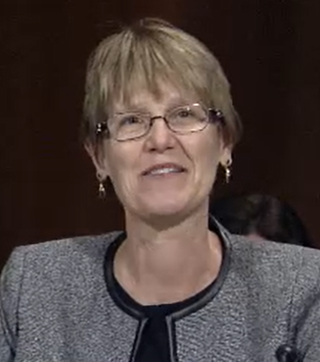
Cynthia Ann Bashant is a United States district judge for the United States District Court for the Southern District of California and former judge of the San Diego Superior Court.
The Klein–Goldberger model was an early macroeconometric model for the United States developed by Lawrence Klein and Arthur Goldberger, Klein's doctoral student at the University of Michigan, in 1955. Grounded in Keynesian macroeconomic theory, it describes the workings of the United States economy in terms of 20 simultaneous equations, using time series data from 1929 to 1952. The Klein–Goldberger model extended the pioneering work of Jan Tinbergen in the 1940s, and paved the way for even larger models such as the Wharton models of the 1960s, or the Brookings model, with almost 400 equations.
The following are some of the books and papers which have been written concerning William Howard Taft, the 27th president of the United States:
The Strategy of Economic Development is a 1958 book on economic development by Albert O. Hirschman. Hirschman critiques the theories of balanced growth put forward by Ragnar Nurkse and Paul Rosenstein-Rodan, which call for simultaneous, large-scale increases in investment across multiple sectors to spur economic growth. Hirschman argues that such strategies are unrealistic and often infeasible in underdeveloped countries. In place of balanced growth, Hirschman proposes a theory of unbalanced growth, where "imbalances" and "pressure points" created by the growth process can be used to identify areas where policymakers can intervene. In addition, Hirschman introduces the notions of backward linkages---the demand created by a new industry for intermediate goods---and forward ones---the knock-on effects on industries who use the present industry's goods as inputs.
References
- ↑ "Remembrance of Cynthia Taft Morris" (PDF). Economic History Association. 2013.
- ↑ "Cynthia Taft Morris". Yale Alumni Magazine.